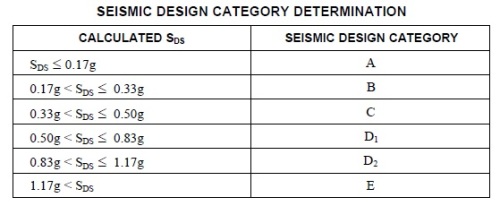Home Site Map - Techniques - Code and Drawings -
Structural Engineering - Requirements
![]() It is likely that you will need proper structural engineering on
your project.
It is likely that you will need proper structural engineering on
your project.
Required in 95% of cases
In my area (King County, Washington State, USA), in 95% of cases a formal structural engineering signoff is required to obtain a building permit. In practice most houses are enough out of the ordinary to need this, and certainly my house design is a lot out of the ordinary, so it definitely needs proper structural engineering. The structural engineering needs to be done by a structural engineer who is licensed for your area. It is not something that you can do yourself because you don't have a license.
Costs lots of money
Structural engineering will cost you something like $10,000 and possibly a much greater amount. I had a quote of $28,000. What's more, the company that quoted me the $28,000 had rigid ideas about how it should be implemented that were incompatible with my planned implementation, eg they insisted on using steel rebar. I went with a company that was a much smaller operation but were flexible enough to do the structural engineering in the way I wanted, eg basalt rebar.
Depends a bit on your area seismic category
Each area has a seismic category from "A" to "E". The worst is "E", and "A" means very minor or unlikely. For some reason, the D category is split into two different categories. My area is "D1" which means I need to be careful with the design, but at least it's not as bad as D2 or E.

Local building codes
IRC + IBC + Local
Most counties use building codes derived from the IRC and IBC international building codes. There are various published books available that describe these codes. Local counties modify and add to these codes to produce the building codes that need to be met in your particular area. Things like the amount of earthquake activity and/or flooding susceptibility in your area are all taken into account when producing the local building codes. In my area, King County very helpfully provides a document that describes all the appropriate building codes in one place, and they kindly gave me a copy for free when I asked at their offices. When choosing a structural engineer you will need to get someone that is familiar with the building codes that apply in your area (and is licensed in your area).
Prescriptive guidelines
HUD and Local
As well as performing all the necessary structural load calculations, your structural engineer may be influenced by the prescriptive methods that have already been established for concrete wall construction. The US government has an agency called HUD (Housing and Urban Development) and they have published a guideline document for building with concrete walls. It's available at http://www.huduser.org/portal/publications/destech/icf_2ed.html or you can search the web for a free copy. There are good examples at http://www.huduser.org/Publications/PDF/icf_2ed_app.pdf . HUD's Prescriptive Method was the first standard for ICF construction to seismic standards, and the International Building Code has now adopted HUD's recommendations. In my area, Washington State's building code now has prescriptive tables for ICF wall thickness and rebar schedules for seismic D areas (Western Washington).
Even with the guidelines, it is likely that your structural engineer will insist on calculating rebar placement themselves from first principals and it is likely they will require more rebar than given in the guidelines.



